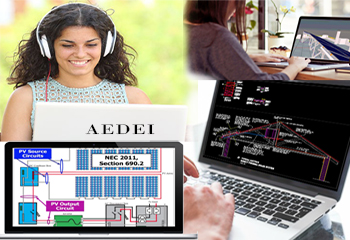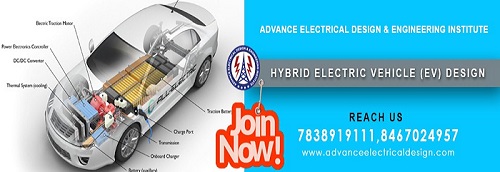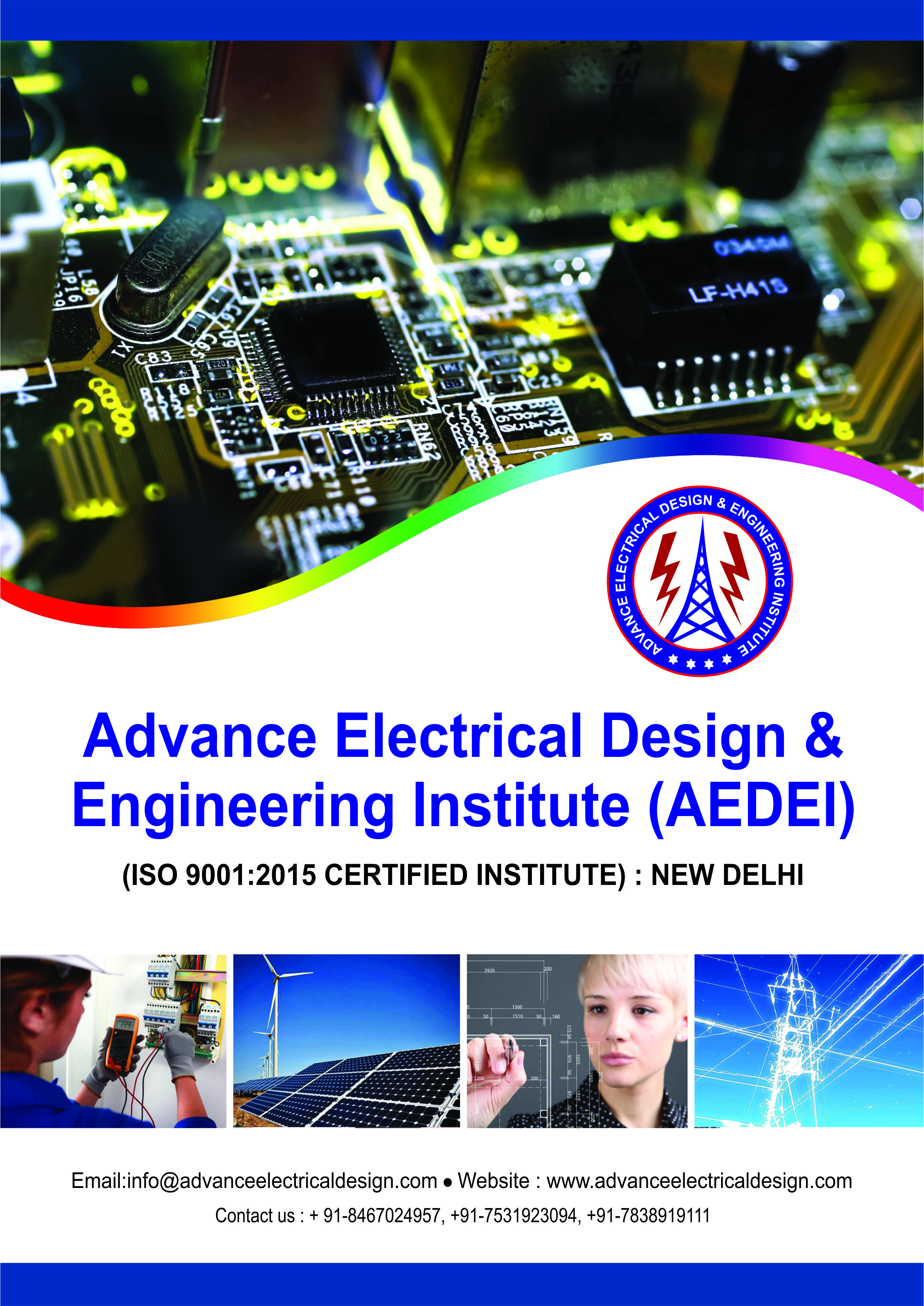- info@advanceelectricaldesign.com
- Call: (+91) 8467024957, 7838919111,7531923094

Online Hybrid Electric Vehicle Design Training Course
Advance Electric Vehicle Design Engineering Institute (AEVDEI) provide comprehensive and immersive training experiences, helping new and re-assigned engineers become proficient and productive in a short period of time. The Advance Electrical Design and Engineering Institute (AEDEI) covers hybrid and electric vehicle engineering concepts, theory, and applications relevant to HEV, PHEV, EREV, and BEV for the passenger car industry. While the theory and concepts readily apply to the commercial
vehicle industry as well, the examples and applications used will apply primarily to the passenger car industry. Advance Hybrid-Electric Vehicle Engineering (AHEVE) is an international Design Engineering Institution in the Department of Electrical, Mechanical, Automotive, Engineering that prepares individuals to do engineering Design in Electric vehicle Design and development and/or gain employment in the field of hybrid-electric vehicles. The program goal is to prepare engineers to work in the field of hybrid-electric vehicles on mechanical, electrical, and environmental engineering challenges with attention to economic and technical design problems engineers must overcome for electric vehicle penetration to the automotive market
 Anybody
who wants to gain valuable hands-on experience, especially electrical
and mechanical engineers; electrical and general contractors, electrical
designers, Electric Vehicle companies and Electric Vehicle industry professionals who want to
further their knowledge of Electric Vehicle Charging Station design.
Anybody
who wants to gain valuable hands-on experience, especially electrical
and mechanical engineers; electrical and general contractors, electrical
designers, Electric Vehicle companies and Electric Vehicle industry professionals who want to
further their knowledge of Electric Vehicle Charging Station design.
What time:
How to Register:
We offer the following options to register for this class. Class size
is limited, so we recommend that you register early to guarantee a seat.
1. Online - click on the Enroll Now
button below and register using a credit card or check card. You will
be redirected to our online payment page for a safe, secure transaction.
You will receive an email confirmation when the transaction is
complete.
2. By phone – simply call us at (+91) 8467024957,7531923094 and we'll process your registration over the phone.
3. By whatApp on (+91) 8467024957,7531923094
4. Skype Id : aedei01

|
Chapter 1 - Introduction: Electric Vehicle
Chapter - 2. Motor Torque Calculations For Electric Vehicle
Chapter- 3. Electric Vehicle Architecture Design)
Chapter- 4. Electric Drive and controller
|
Chapter 5 - Energy Storage Solutions(ESS)
Chapter 6 -Battery Management System(BMS)/Energy Management System (EMS)
Chapter 7 - Control Unit
Chapter-8. Electric Vehicles charging station
|